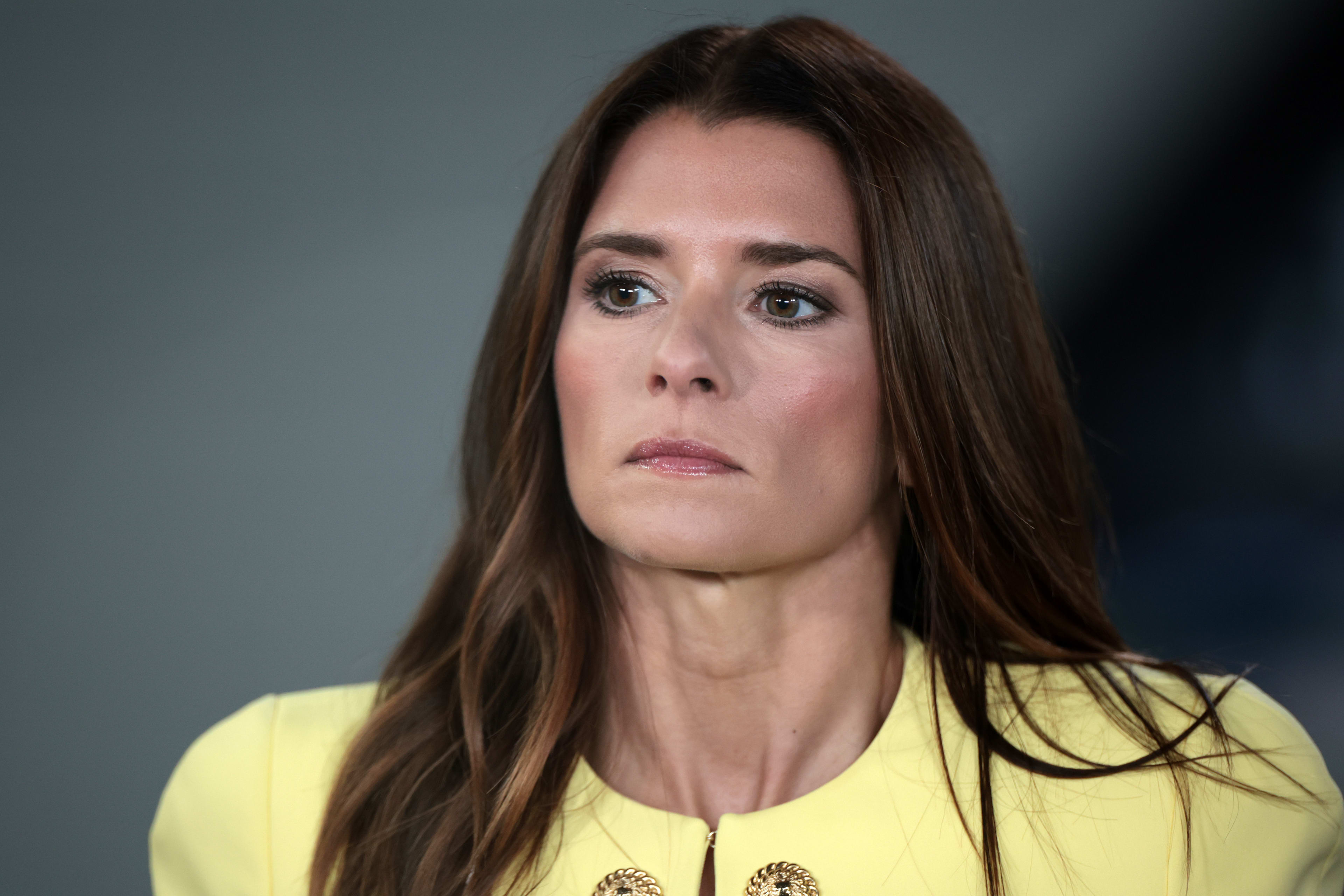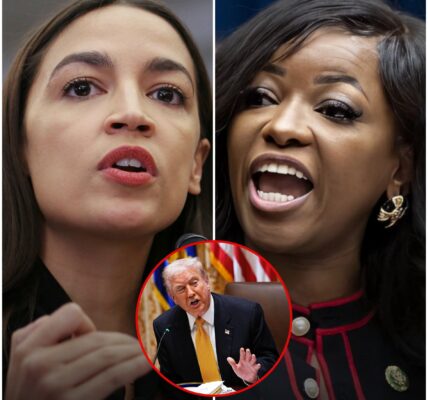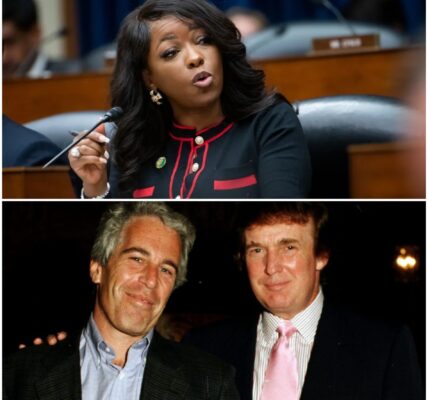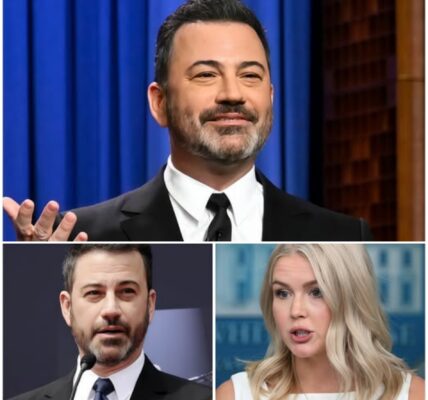Danica Patrick Faces Backlash After Criticizing Bad Bunny’s Upcoming Super Bowl Halftime Show
Former NASCAR driver Danica Patrick is under fire after publicly criticizing the NFL’s choice of Bad Bunny as the headliner for the 2026 Super Bowl halftime show, suggesting that performers who don’t sing in English should not appear at “one of America’s highest-rated television events.”
The backlash erupted over the weekend after Patrick responded to a post from conservative commentator Benny Johnson, who described Bad Bunny — real name Benito Antonio Martínez Ocasio — as a “massive Trump hater,” an “anti-ICE activist,” and someone with “no songs in English.”

Johnson’s post, shared Sunday on X (formerly Twitter), added that the Puerto Rican superstar once canceled his U.S. tour over concerns about federal immigration enforcement. “The NFL is self-destructing year after year,” Johnson wrote, tagging the league’s official account.
Patrick, who has in recent years aligned herself with conservative and MAGA-leaning political voices, responded bluntly:
“Oh fun. 🙄 No songs in English should not be allowed at one of America’s highest rated television events of the year… not just for sports.”
The tweet quickly went viral, drawing thousands of replies and sparking yet another online culture war between entertainment fans, sports enthusiasts, and political commentators.

The Super Bowl Controversy
Bad Bunny was officially announced as the Super Bowl LX halftime performer on Sunday. The game will take place in February 2026, with the venue yet to be confirmed. The Grammy-winning artist — one of the most streamed musicians in the world — said in his announcement that he intends to perform “en español” (in Spanish), a move that has been widely praised by fans across Latin America and the U.S.
“Representation matters,” Bad Bunny said in a brief statement shared through his management team. “This performance will celebrate culture, music, and unity.”
The singer, who rose to fame with reggaeton and Latin trap hits such as “Dákiti” and “Tití Me Preguntó,” has been credited with helping to globalize Spanish-language music and shatter barriers in the mainstream entertainment industry.
However, his selection for the Super Bowl has ignited political and cultural debate — particularly among some conservative Americans who see his non-English music as incompatible with a quintessentially American event.
Danica Patrick’s Comments
Patrick’s tweet struck a nerve. Although the former IndyCar and NASCAR driver has been retired since 2018, she remains a prominent public figure with a strong online following.
Her post was viewed by over 5 million users within 24 hours. Critics accused her of intolerance, ignorance, and hypocrisy. Many pointed out that the United States has no official language, and that Spanish is spoken by over 41 million Americans — making it the second most common language in the country.
One user replied:
“You know America has no official language, right? You know 41 million Americans speak Spanish, right?”
Another wrote:
“At this point, just say you want it white and white only.”
Comedian and social media personality Ricky (@SD4SCIII) took a lighter jab:
“What are you gonna do about it? Threaten to drive NASCAR again?”
Others defended Patrick, agreeing that English should dominate at major national events. “It’s not about race or politics,” one commenter wrote. “It’s about American tradition. The halftime show should reflect our culture, not global pop trends.”
Patrick herself has not responded to the criticism since posting her initial message.
Bad Bunny’s Statement
Bad Bunny, who is known for his outspoken social and political views, has previously criticized U.S. immigration enforcement and voiced solidarity with Latino and immigrant communities. In a resurfaced interview, he explained why he once canceled a U.S. tour:
“F***ing ICE could be outside my concert,” he said at the time. “And it’s something that we were talking about and very concerned about.”
However, in his Sunday statement, the artist clarified that he is open to performing in the U.S. again — at least once.
“I’ve been thinking about it these days, and after discussing it with my team, I think I’ll do just one date in the United States,” he wrote, referring to the Super Bowl.
His decision has been hailed by fans as a landmark moment for Latino representation in American sports and pop culture.
The Broader Context
Bad Bunny’s rise has coincided with a dramatic shift in American entertainment. In recent years, Spanish-language music has become a global force — dominating streaming platforms and award ceremonies. Hits like “Me Porto Bonito” and “Where She Goes” have charted on Billboard’s Hot 100 alongside English-language songs, breaking traditional barriers.
By contrast, Patrick’s comments highlight lingering cultural divisions over language, identity, and inclusion in national events.
Sports media analyst Dan Abrams told Variety:
“The backlash to Danica’s post shows how much America has changed. Twenty years ago, this kind of comment might have gone unnoticed. Today, fans expect the Super Bowl to reflect the country’s diversity, not just one group’s comfort zone.”
The NFL’s Stance
The NFL has not publicly addressed Patrick’s remarks but reaffirmed its support for Bad Bunny’s upcoming performance. “We are proud to have one of the world’s most dynamic and globally recognized artists headline our halftime show,” the league said in a statement.
In recent years, the NFL has sought to embrace multicultural programming, partnering with artists such as Shakira, Jennifer Lopez, Dr. Dre, Rihanna, and The Weeknd. The league views these shows as opportunities to reach broader global audiences and reflect America’s demographic diversity.
Conclusion
For Danica Patrick, what began as a brief online comment has turned into a public relations headache. Once celebrated for breaking barriers as a woman in motorsport, she now faces accusations of being out of touch with the very diversity that helped shape modern sports and entertainment.
For Bad Bunny, however, the controversy may only amplify his spotlight ahead of Super Bowl LX. As he put it simply in a message to fans:
“I’ll perform in my language, for my people — and for everyone who loves music.”
Whether the halftime show becomes a unifying celebration or another flashpoint in America’s cultural divide remains to be seen. But one thing is certain: the conversation around music, language, and identity in America is far from over.




